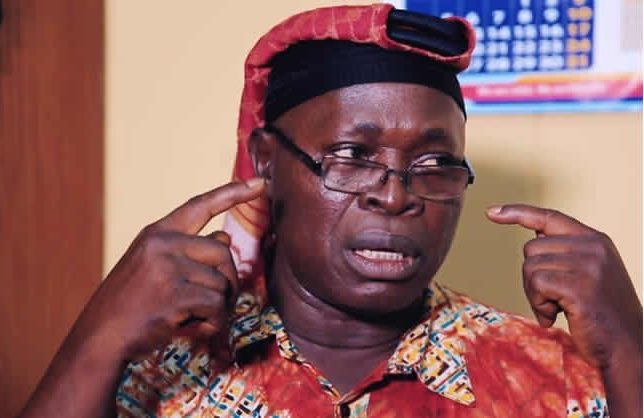The Department of State Services (DSS) has been urged by the Muslim Rights Concern (MURIC) to invite David Adeleke, better known by his stage name, Davido, and Logos Olori, in relation to their contentious video, which many Muslims criticised for casting Islam in a negative light.
Making this call in a statement on Monday, MURIC founder and Executive Director, Professor Ishaq Akintola, asked the State Security Service to invite Davido and Logos Olori to answer questions on why they chose to promote a music video capable of insighting anarchy.
Following the internet release of the video music for “Jaye Lo,” Davido and Logos Olori, real name Olamilekan Emeka Taiwo, came under fire over the weekend.
While sitting on top of the loudspeaker mounted on what appeared to be a mosque building, Logos Olori and others could be seen praying on the mat before they began singing and dancing.
“We alert men of the Department of State Services to invite both men for questioning to explain why they chose to produce and promote a musical video capable of igniting anarchy in Nigeria. In the same vein, we invite the National Broadcasting Corporation (NBC) and the National Film And Video Censors Board (NFVCB) to immediately ban the insensitive musical video captioned ‘Jaye Lo’ by Logos Olori,” Akintola said.
“MURIC objects to the lame excuse often given by Nigerian agencies charged with moderation responsibilities who claim that separate petitions should be addressed to them by complainants before they can take action. It does not work that way in saner climes. Nigerian agencies must be proactive. They must spring to action from the moment attention is drawn to an infraction capable of causing a breach of the peace so long as the authors of the infringement have been identified and whether or not the information contained an appeal to the monitoring agency or agencies. The agencies are, essentially, an integral part of the general public. They should therefore act without being prompted,” he added.








More Stories
Teenager in viral photo of Obi’s 2023 presidential campaign rally, Alabi Quadri languishes in jail
Ribadu tells families of kidnapped victims not to pay any ransom
Ndume tackles Tinubu over massive borrowings, lists ‘spurious’ items